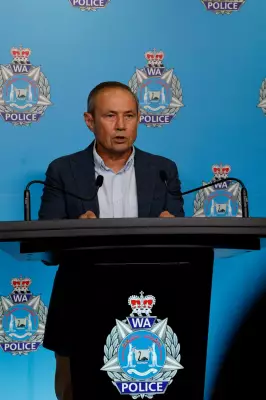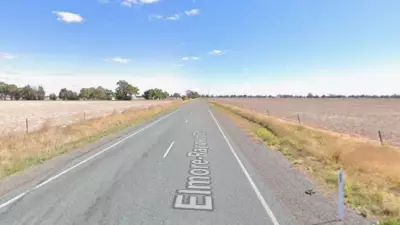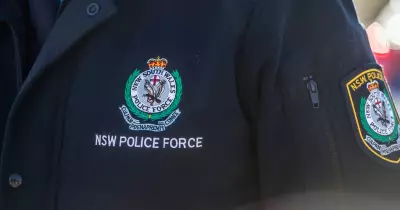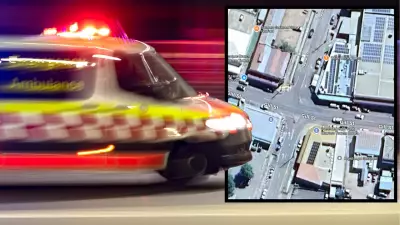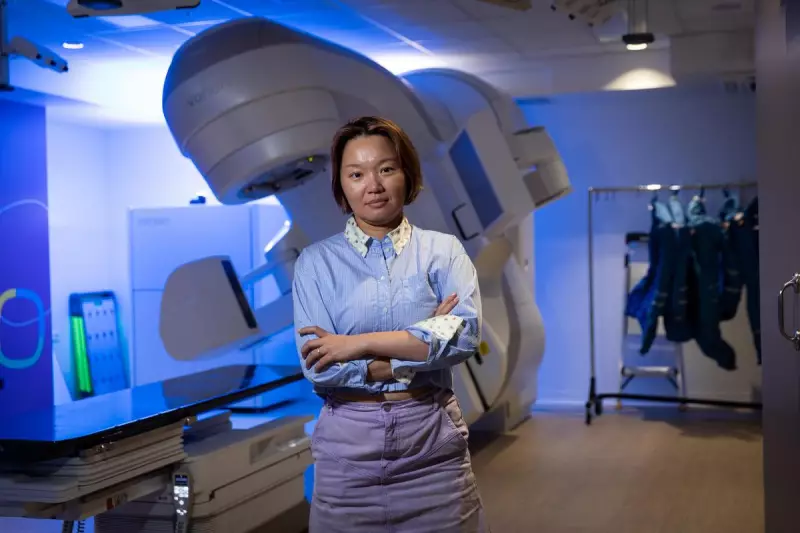
More than 1800 Australians have put their names to a petition demanding an immediate end to what they call a 'postcode lottery' for cancer treatment services in Western Australia.
Eastern Suburbs Patients Forced to Travel
The petition, launched through State Parliament, highlights a critical gap in public radiation oncology services for residents in Perth's eastern suburbs and Hills region. Patients in areas like Midland, Kalamunda, and Wooroloo currently have no local public option for radiation therapy.
This forces them into an impossible choice: endure a gruelling daily commute to Sir Charles Gairdner Hospital or face significant out-of-pocket costs at private clinics. Meanwhile, patients in Mandurah and Rockingham can access subsidised treatment locally through a public-private partnership, with Medicare covering up to 90% of the cost.
A Simple Solution Being Ignored
Liberal MP for Kalamunda, Adam Hort, who spent 16 years as a pharmacist, is leading the charge. He told The West Australian that a solution could be implemented 'almost immediately' by replicating the successful agreements used elsewhere.
'All that's needed in Midland is a simple service agreement between WA Health and the Icon Cancer Centre, just like others across Perth,' Mr Hort stated. He expressed frustration that the Health Minister's position keeps shifting, from initial support to excuses and blame directed at the Commonwealth government.
Mr Hort described the exhausting reality for many patients: 'After hours of gruelling treatment, they then face hours on a bus just to get to and from their appointments — day after day. It's an unacceptable burden.'
Doctors See the Toll Firsthand
Radiation oncologist Dr Eve Tiong from the privately run Icon Cancer Centre in Midland has witnessed the severe disadvantage faced by eastern suburbs patients. She confirmed the centre has the capacity to meet demand, with two radiotherapy machines and a CT simulator ready for use.
'The commute from the east to facilities like Sir Charles Gairdner or Fiona Stanley is long and difficult, and using public transport while undergoing cancer treatment is far from practical,' Dr Tiong explained.
She shared the story of an elderly patient in her 80s who could not travel for treatment due to her age, leaving her with thousands of dollars in out-of-pocket costs. Dr Tiong believes subsidising treatment at Icon Midland would ease the burden for patients all the way out to the Wheatbelt, including those in York and Northam.
WA Health Minister Meredith Hammat acknowledged the gap in services but pointed to Medicare as a federal responsibility. 'We continue to advocate to the Federal Government to find ways to improve access to public radiation oncology for this community,' she said.
With the Australian Institute of Health and Welfare forecasting around 169,759 new cancer diagnoses nationally in 2025, the push for equitable access to life-saving treatment has never been more urgent for thousands of Western Australians.

